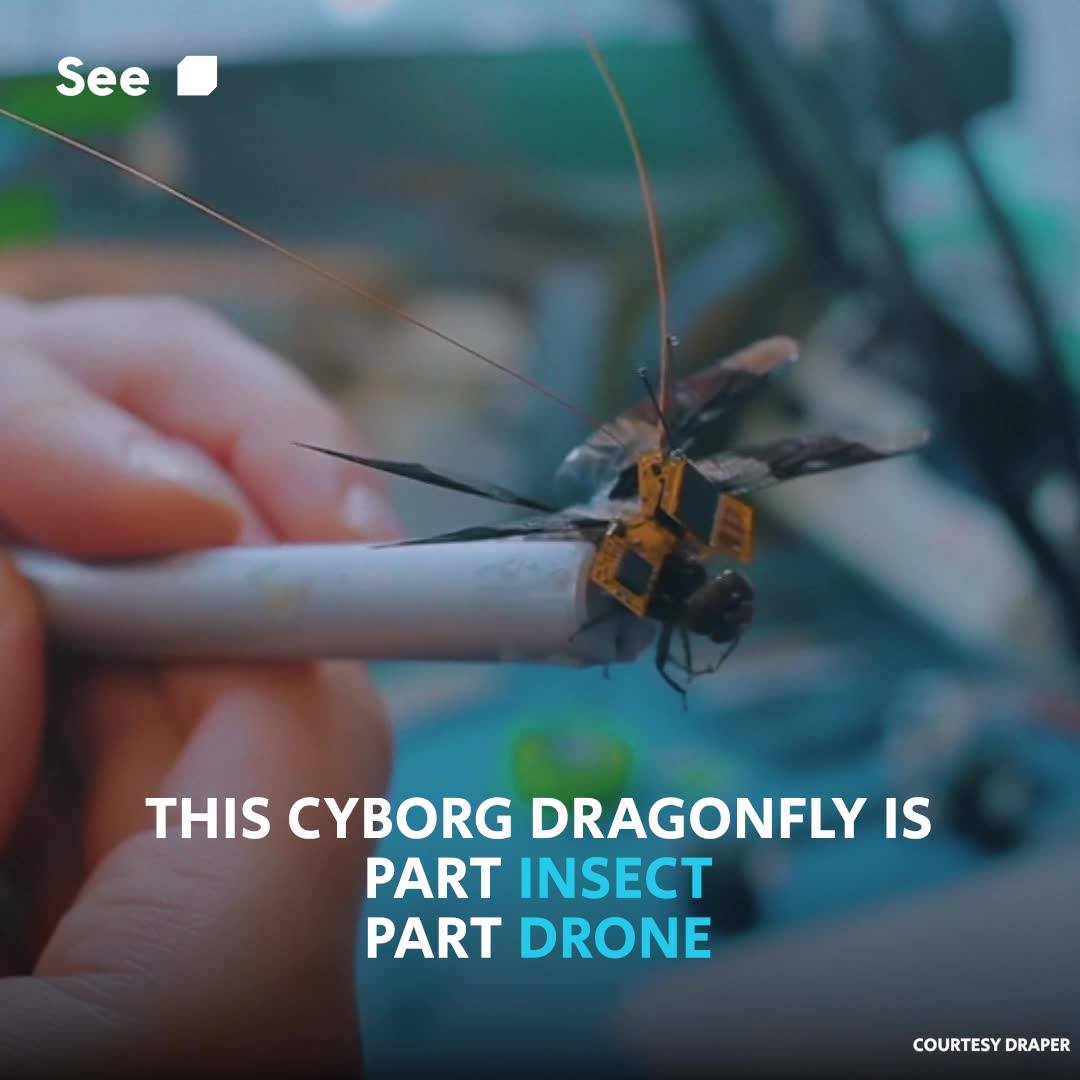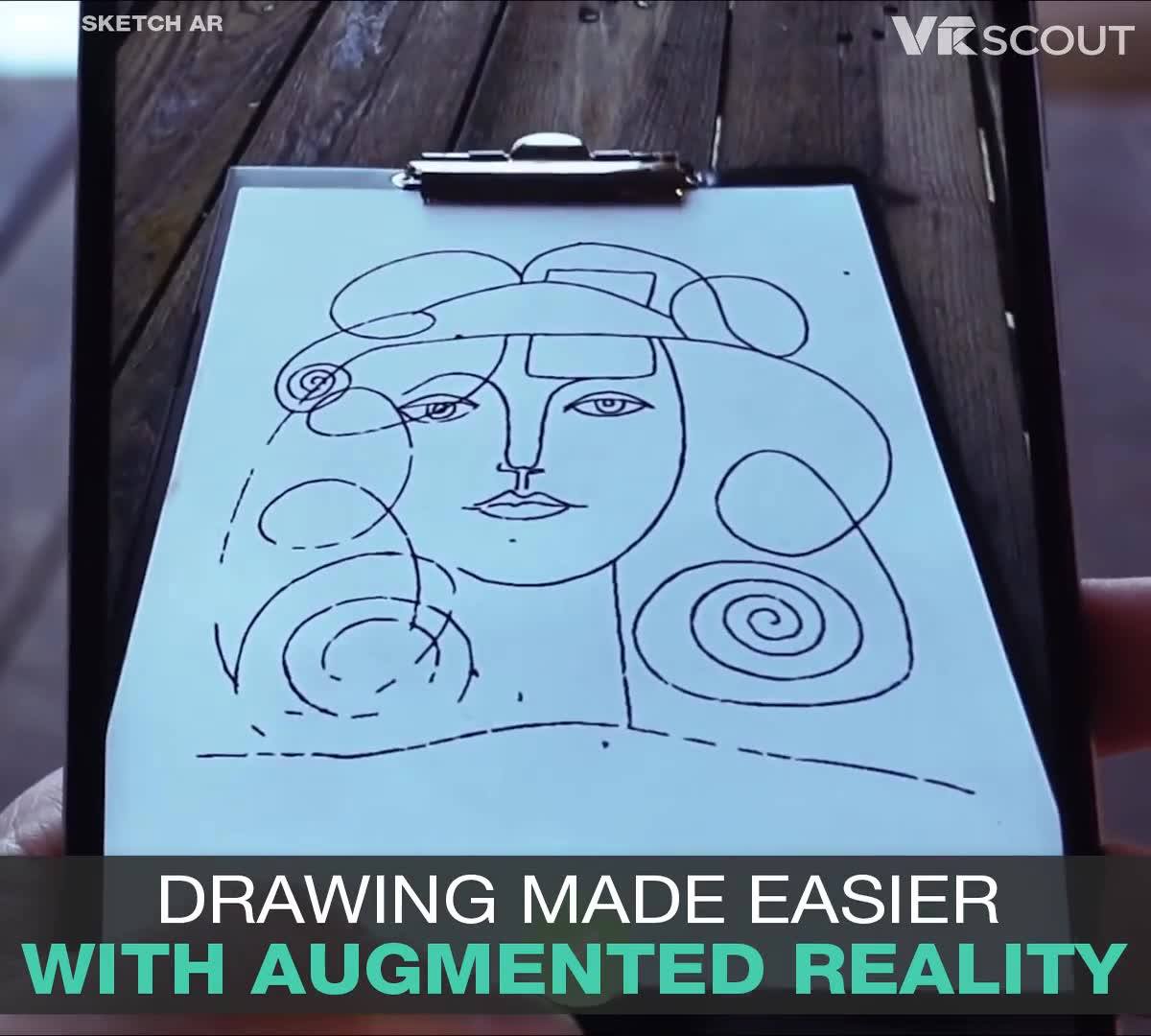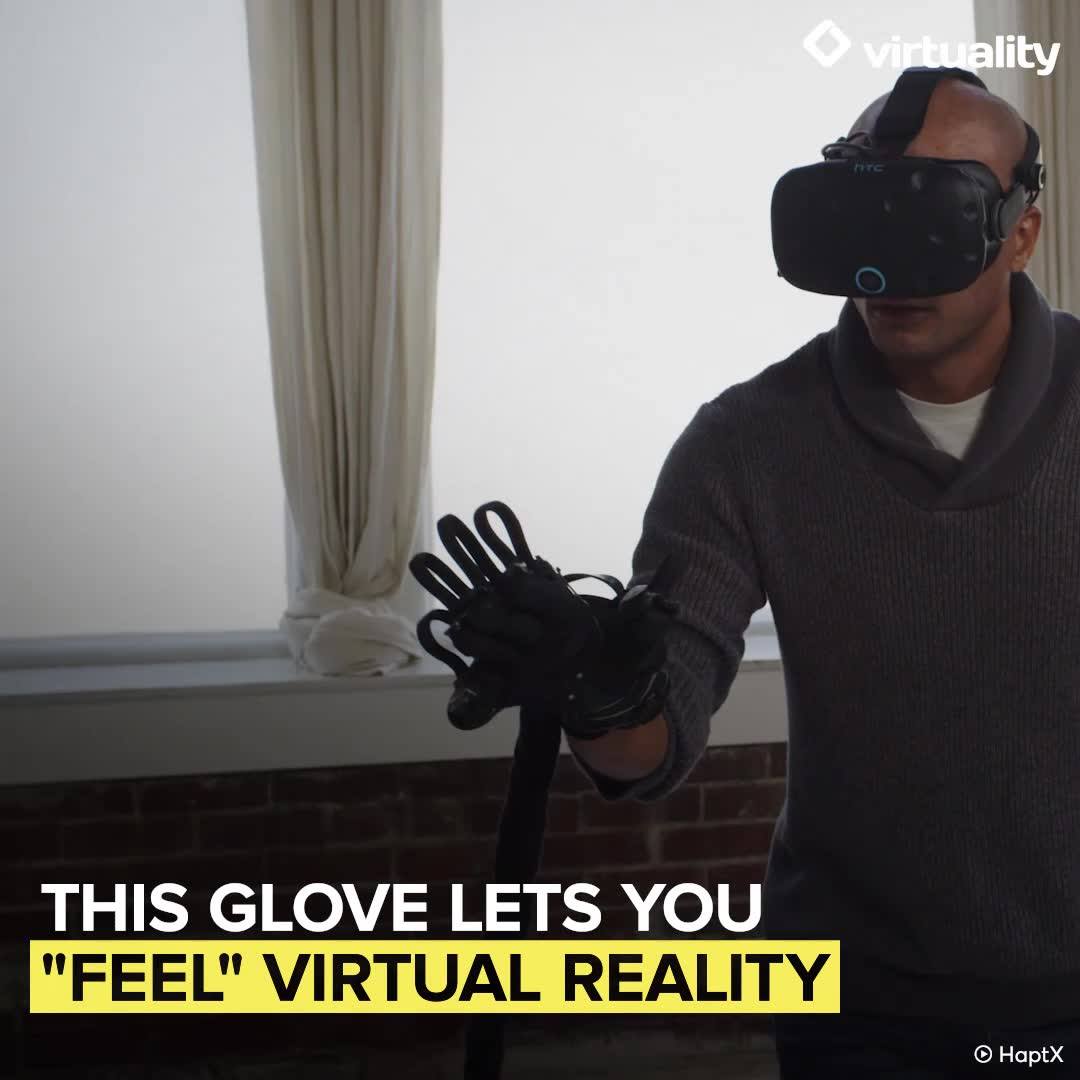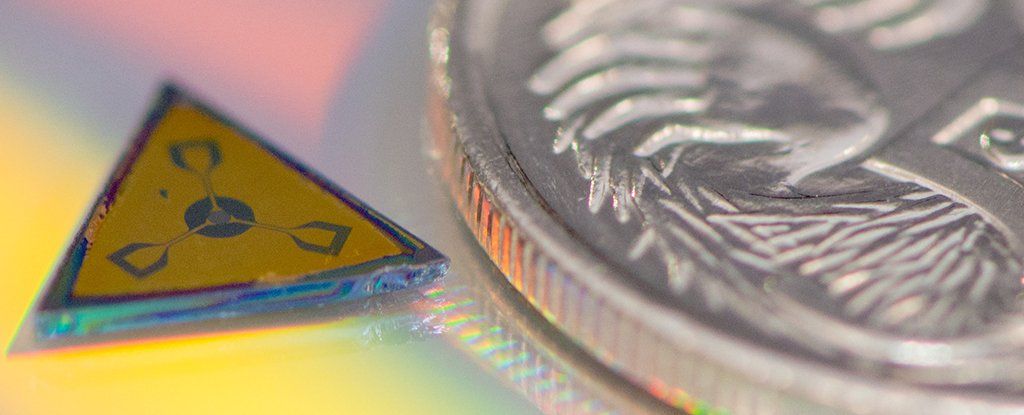Page 9779
Dec 8, 2017
Can a zebra crossing change its stripes?
Posted by Shailesh Prasad in category: futurism
That’s exactly what London-based tech company Umbrellium has designed: the Starling Crossing is an interactive crosswalk that responds dynamically to its environment.
And it could be the future of how we interact with our cities.
Dec 8, 2017
Firefox Quantum is a Really Great Browser
Posted by Shailesh Prasad in category: quantum physics
Dec 8, 2017
Researchers Have Created an AI System That Teaches Itself New Languages
Posted by Shailesh Prasad in category: robotics/AI
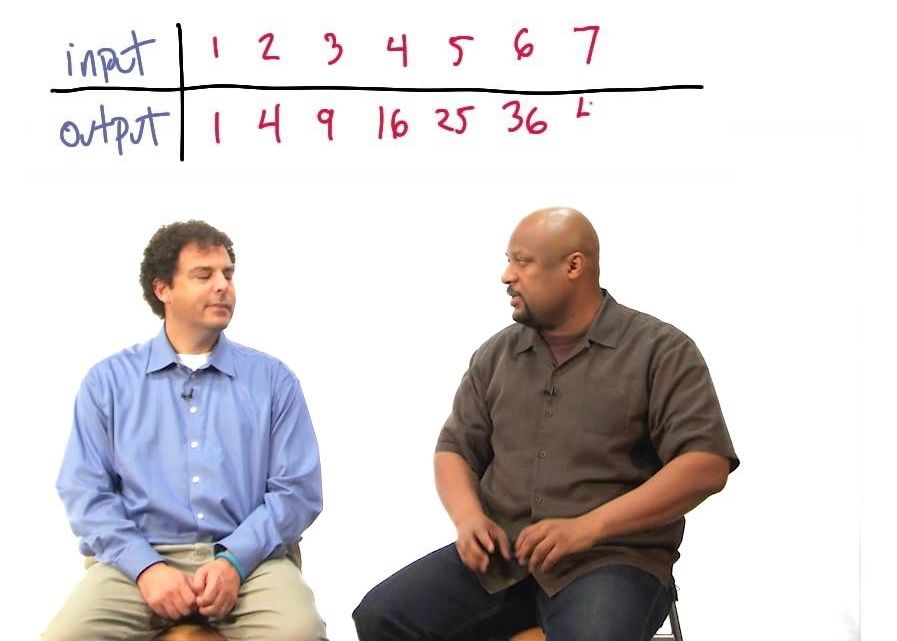
Researchers published two new papers that demonstrate that it’s possible to develop an AI system which doesn’t rely on parallel texts.
Dec 8, 2017
Here’s What A Cyborg Dragonfly Looks Like
Posted by Shailesh Prasad in categories: cyborgs, drones
Dec 8, 2017
This Scientist Wants to Bring ‘Star Trek’ Values to Congress
Posted by Shailesh Prasad in categories: education, government
Vulcanologist Jess Phoenix never expected to be involved in politics. Until recently her life revolved around science—traveling the world to study different volcanoes and running an educational nonprofit. But the environmental record of the Trump administration has motivated her to run for Congress.
“These guys are basically gutting every environmental protection that existed,” Phoenix says in Episode 284 of the Geek’s Guide to the Galaxy podcast. “It’s a trend we have to stop now. We can’t let this continue.”
Dec 8, 2017
Glove lets you feel virtual reality
Posted by Shailesh Prasad in category: virtual reality
Dec 8, 2017
Photoshop uses AI to make selecting people less of a hassle
Posted by Shailesh Prasad in category: robotics/AI
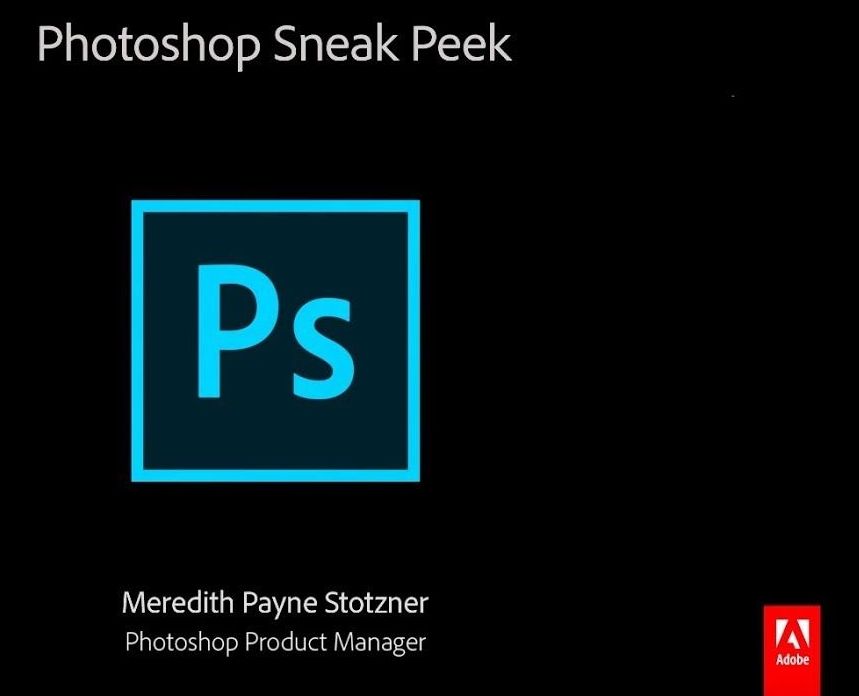
Masking a human or other subject out of a scene is a pretty common trick nowadays, but it’s is still arguably one of the hardest and lowest-tech parts of Photoshop. Adobe’s about to make that a lot easier, thanks to an upcoming AI-powered feature called Select Subject. Using it is pretty much idiot-proof: From the main or “Select and Mask” workspaces, you just need to click anywhere on the image, and it’ll automatically select the subject or subjects in the image. From there, you’re free to change the background or tweak the subject separately.
The tech is powered by Adobe’s AI platform, Sensei. “Complicated details around the subject aren’t an issue, because this feature is using machine learning to recognize the objects,” Adobe Photoshop Product Manager Meredith Payne Stotzner says in the YouTube video (below). During the demo, she uses it select a single person on the street, a group of volleyball players, a couple on the beach and a red panda.
Continue reading “Photoshop uses AI to make selecting people less of a hassle” »
Dec 8, 2017
Physicists Just Invented an Essential Component Needed For Quantum Computers
Posted by Shailesh Prasad in categories: computing, quantum physics
In 2016, the Nobel Prize in Physics went to three British scientists for their work on superconductors and superfluids, which included the explanation of a rather odd phase of matter.
Now, for the first time, their discovery has a practical application – shrinking an electrical component to a size that will help quantum computers reach a scale that just might make them useful.
In a collaboration with Stanford University in the US, a team of scientists from the University of Sydney and Microsoft have used the newly found phase of matter — topological insulator — in shrinking an electrical component called a circulator 1,000 times smaller.
Continue reading “Physicists Just Invented an Essential Component Needed For Quantum Computers” »



